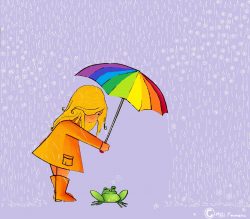
When it comes to having an influence on others, it’s not only what you say, but also how you say it, as well as all the things you don’t say.
Words can be extremely powerful and influential. Every word spoken to another, especially a child, carries with it an underlying message about the person and his or her relationship to the world.
It’s the same for the non-verbal messages you give. Everything you do without using words can influence the other person and cause a response, whether positive or negative.
Once the other person internalizes a message, it becomes a belief that can affect many aspects of their life. Knowing this, you can certainly influence students to operate on Level … >>>
READ MORE >>> →





















